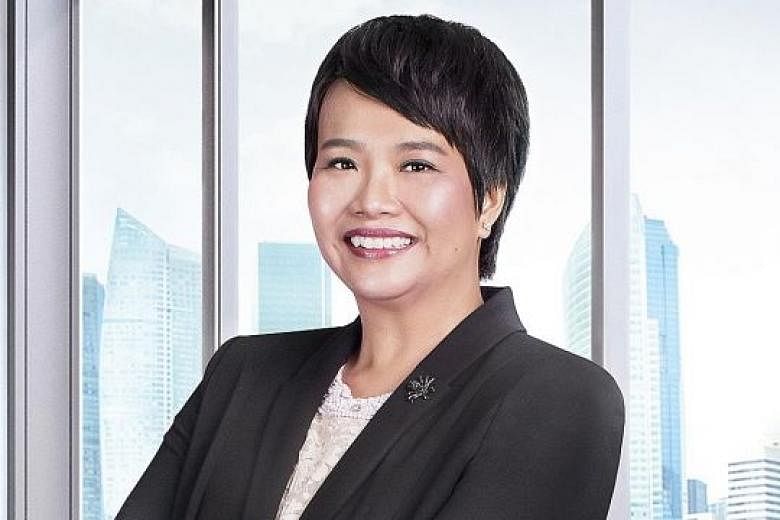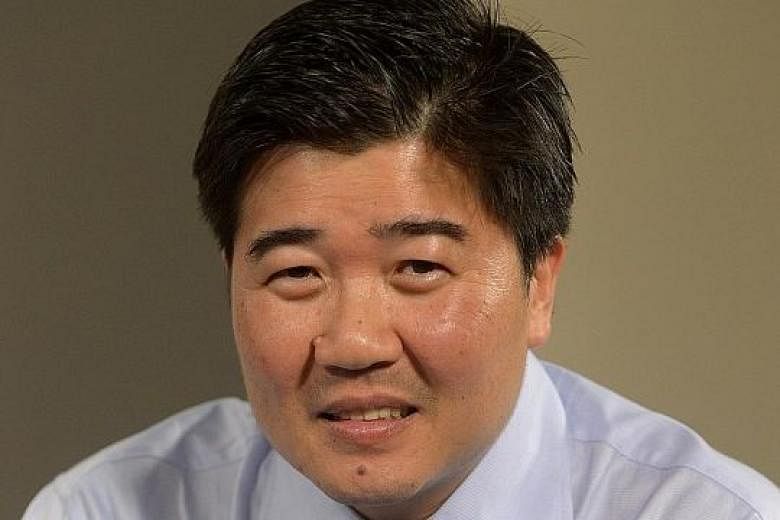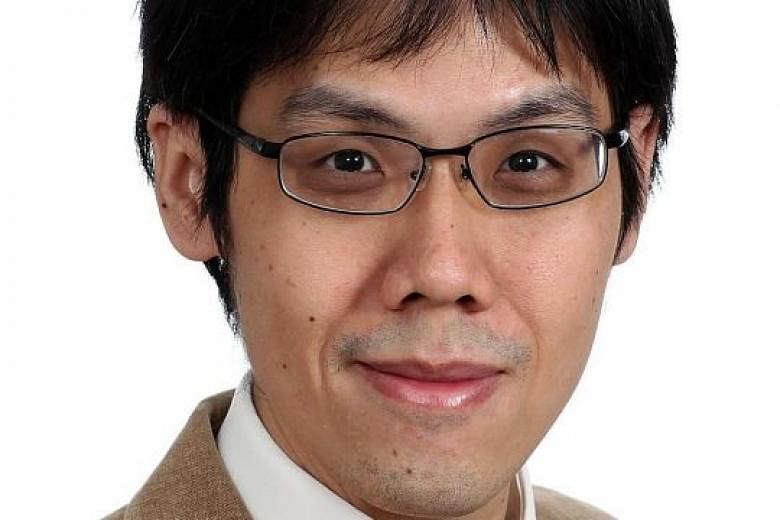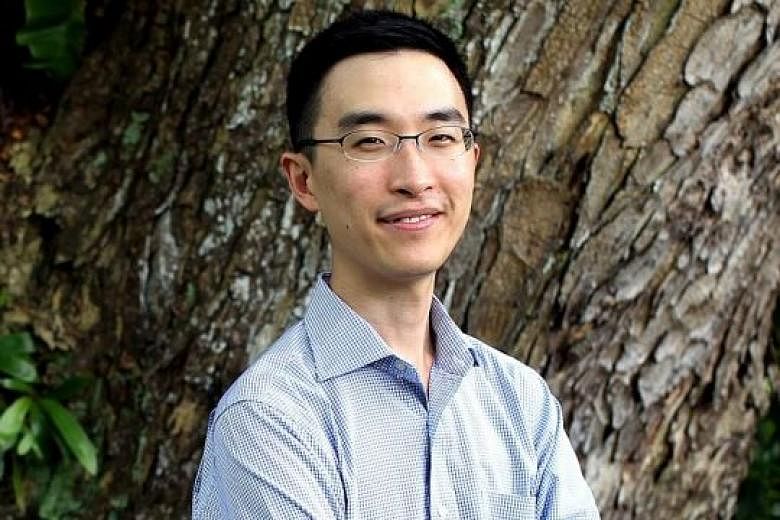It is difficult to say whether Singapore should tap more of the earnings from its significant reserves as the size of those reserves is not publicly disclosed, panellists at a post-Budget forum said.
One panellist at the forum organised by the Economic Society of Singapore suggested setting aside a portion of the reserves as a base for generating contributions to the Budget - and publicly disclosing this amount while keeping the remainder secret.
The comments came after Finance Minister Heng Swee Keat announced in his Budget speech that the goods and services tax (GST) will be increased from 7 per cent to 9 per cent between 2021 and 2025.
The announcement, while widely expected, has sparked questions about the necessity of a GST hike, given Singapore's significant reserves. Though the full size of the reserves is never revealed for strategic reasons, it is estimated at more than $1 trillion.
The net investment returns contribution framework allows the Government to spend up to 50 per cent of the long-term expected real returns generated by the Monetary Authority of Singapore, Temasek Holdings and GIC, the three entities that manage and invest the reserves.
Some commentators have called for this percentage to be increased, given Singapore's growing spending needs.
But in the absence of public information about the size of the reserves and the rate of return on investing them, "any speculation... is quite meaningless", said OCBC economist Selena Ling, who was on the panel.
Acknowledging that "we don't want to tell the world how much we have in the reserves", she suggested splitting the reserves into two parts.
One portion could be used as a base for generating the net investment returns contribution. This amount could be publicly disclosed.
The remaining amount - used to deter currency speculators from attacking the Singapore dollar - can be kept secret. "We can then have a meaningful discussion about the right rate of drawdown," she noted.
Fellow panellist Chua Hak Bin, senior economist at Maybank Kim Eng, pointed to signs that indicate the reserves have been growing significantly in recent times.
For instance, government land sales - which go into the reserves - came up to $12.9 billion last year, higher than earlier forecasts of about $8 billion. Government assets also swelled by $56 billion, or about 6 per cent, last year compared with the preceding year, while government investments went up by about $99 billion, or 12 per cent.
Another panellist, Singapore University of Social Sciences economist Walter Theseira, noted that the question of tapping more on the reserves ultimately boils down to how resources should be transferred between current and future generations of Singaporeans - that is, "who pays and who benefits".
While Singapore has long maintained that its policies are based on principles of self-reliance - which means individuals should pay for their own needs and not rely on transfers from others - "in practice these policies have been moderated by practical reality", he said.
For instance, "the reason we have a rapidly rising healthcare operational budget must be that most patients don't have enough to pay for their own healthcare expenses".
This means the question of "who pays and who benefits" goes beyond weighing up a GST hike against tapping more on the reserves - policymakers also need to plug gaps in schemes such as Medisave, Dr Theseira noted.
The panellists also discussed the political and economic implications of the upcoming GST hike.
There might be public pressure to introduce GST exemptions on certain types of goods, including necessities like fresh food, but Singapore policymakers must resist this "at all costs", said Nanyang Technological University economics assistant professor Giovanni Ko.
While such exemptions might seem politically attractive, they also tend to be administratively costly, he added.




